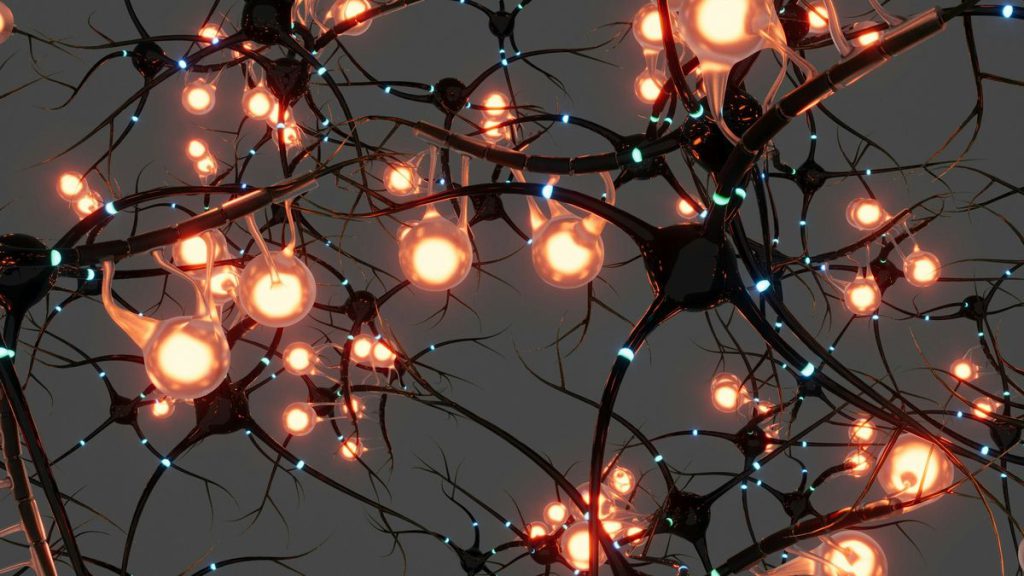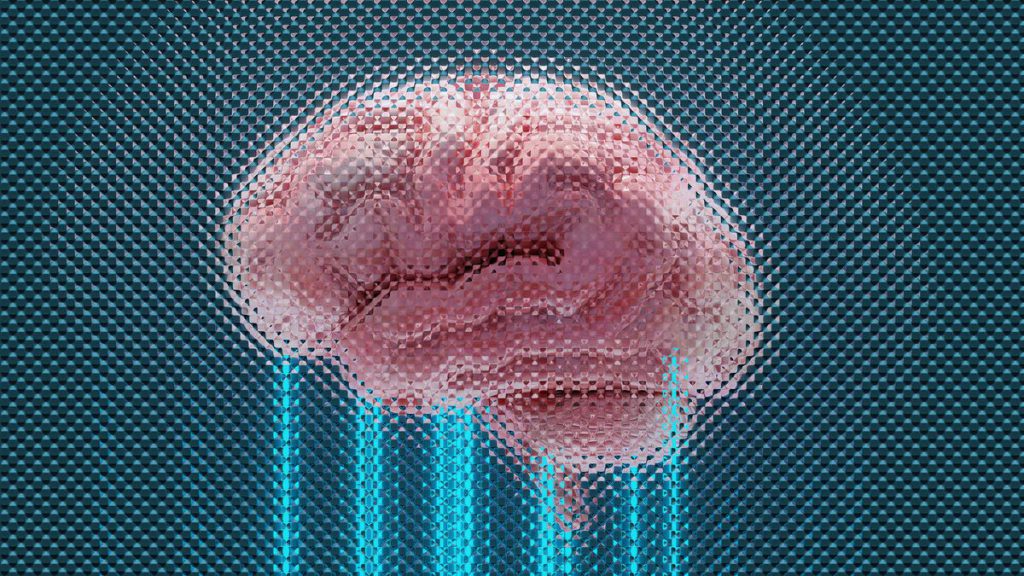Life has a way of pulling the rug out from under our sense of certainty, leaving us to wonder if meaning itself is just another illusion. From déjà vu glitches that hint at simulation theory to neuroscience revealing how memory rewrites itself with every recall, the ground beneath our reality looks less solid the closer you examine it. Philosophy only sharpens the unease, showing us an indifferent universe and a morality shaped as much by chance as by choice. What emerges is a collection of unsettling truths that don’t just challenge how we live—they question whether “living” is what we think it is at all.
7. You’re already dead and don’t know it

Dreams feel completely real until you wake up clutching your phone at 3 AM. Reality might work the same way—a hyper-realistic program where glitches appear as déjà vu or those moments when familiar places suddenly feel alien. This connects to philosophical theories like solipsism and simulation hypotheses, though neither has scientific backing.
Contemporary research does show the brain can display brief electrical surges after clinical death occurs, lasting seconds to minutes. These “final bursts” may relate to vivid near-death experiences reported by revived patients, where consciousness seems to persist momentarily beyond physical death.
6. The absurd universe doesn’t care about your plans

Existentialist philosophy, particularly Albert Camus’ work, describes the universe as fundamentally indifferent to human concerns. Unlike Sisyphus endlessly pushing his boulder uphill, at least he had a clear task. The human condition involves searching for meaning in a reality that offers none—like binge-watching a series only to realize the plot never mattered.
This philosophical position echoes across cultures, from Buddhist concepts of impermanence to modern astrophysics showing how random cosmic events shape existence. Accepting this absurdity becomes both the challenge and the freedom of conscious beings.
5. Your consciousness might be a neural construct

Neuroscience reveals that our sense of a stable, continuous self emerges from collective neural processes rather than a single, unchanging core. Memory experiments transferring traces between animals demonstrate consciousness’s biological basis while highlighting its susceptibility to manipulation and error.
The brain constructs identity from firing patterns—essentially the world’s most sophisticated screensaver. This suggests the “self” functions more like software running on biological hardware than a permanent, individual entity occupying your skull.
4. Solipsism: the ultimate social distancing

This philosophical position questions whether anything exists beyond your own mind. While intriguing, solipsism remains purely speculative with no scientific evidence supporting it. The concept appears throughout philosophy and occasionally in theoretical physics discussions.
Every interaction you’ve had could theoretically be your mind creating elaborate characters in an internal dialogue. Whether this represents ultimate loneliness or cosmic significance depends entirely on your perspective—assuming perspectives other than yours actually exist.
3. Sleep rehearses oblivion nightly

Sleep represents a fascinating neurological state where the conscious “you” essentially vanishes for hours. Philosophers have long noted the connection between sleep and death—variations appear in literature from Shakespeare to contemporary existentialist writers, though the specific phrasing varies across sources.
Your brain maintains basic functions while consciousness disappears, then mysteriously reassembles each morning. This daily practice of temporary non-existence makes waking up genuinely miraculous—and suggests death might simply be sleep without the alarm clock.
2. Memories are reconstructive fiction

Neuroscientific consensus confirms memory is unreliable. Infantile amnesia explains why you can’t remember being born, while laboratory experiments demonstrate how easily false memories implant themselves. Memory reconstruction happens each time you recall events, potentially altering details.
Those nostalgic childhood scenes might contain significant fabrications your brain added during countless retellings. This doesn’t mean your entire past is fictional, but acknowledging memory’s limitations reveals how much of personal history relies on potentially unreliable neural reconstructions.
1. Morality depends on cosmic dice rolls

Philosophical concepts like moral luck explore how chance affects moral outcomes. Two distracted drivers run red lights—one encounters empty streets, the other hits a pedestrian. Luck, not character, determined their moral standings in that moment.
Personal morality develops through genetics, upbringing, and experiences you didn’t choose. This doesn’t eliminate moral responsibility, but suggests inherent goodness might involve more fortunate circumstances than most people realize. The unsettling truth: virtue sometimes requires the right combination of timing, opportunity, and pure chance.





























